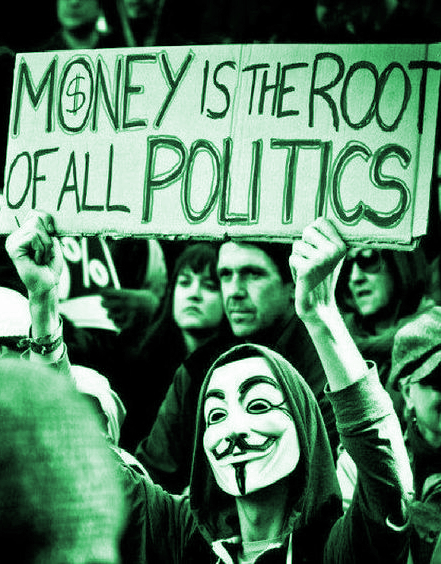Slow money gives rapid rise
 The IMF says economic stagnation is fuelling populist politics.
The IMF says economic stagnation is fuelling populist politics.
The International Monetary Fund has singled out Britain's decision to leave the European Union and the rise of Donald Trump as two key areas of uncertainty, so significant that they are influencing its global growth forecast.
Populist politics of the kind plied by Britain’s UKIP party, Donald Trump in the US, and even Australian political figures like Nick Xenophon and Pauline Hanson, can be an easy line to take, especially for new parties trying to break through.
In short, nothing gets people going like a bit of fat-cat-bashing, and so international trade deals (which are often highly complex, negotiated in secret, and relate to industries about which people have an emotive response) become simple targets for political up-and-comers or outsiders.
The IMF has left its growth predictions at 3.1pc for 2016, 3.4pc for 2017 - a 0.1 per cent downgrade on figures from the World Economic Outlook from April.
Even though it is the first time in five years that it has not cut its forecasts, the IMF still worries that the global economy is “moving sideways”.
“Without a determined policy action to support economic activity over the short and longer terms subpar growth at recent levels risks feeding on itself through the negative economic and political forces it is unleashing,” IMF chief economist Maurice Obstfeld told reporters in Washington.
Dr Obstfeld said Brexit was an ongoing risk that needed to be monitored, despite markets stabilising quite quickly after being rocked by the June 22 referendum outcome.
“I think it would have been malpractice not to think about those possibilities and clearly central banks did think about those possibilities,” Mr Obstfeld said.
“They did prepare for them. Markets knew they were preparing for them and I would credit that preparation in part for the mild response that we ended up, ended up seeing.”
Some of the top minds in international money are even planning policies for if US presidential nominee Donald Trump wins the election in November.
“There has clearly been a lot of discussion on the election given changes which could be quite dramatic, especially in terms of what had been long standing positions on trade policy,” Mr Obstfeld said.
“I think these introduce an element of policy uncertainty into the mix and you know as we know uncertainty is not great for investors and for employment.
“So we'll see how this develops going forward. It's very hard to know what would actually happen, you know after the election, given the various checks and balances within the US Government.”







 Print
Print